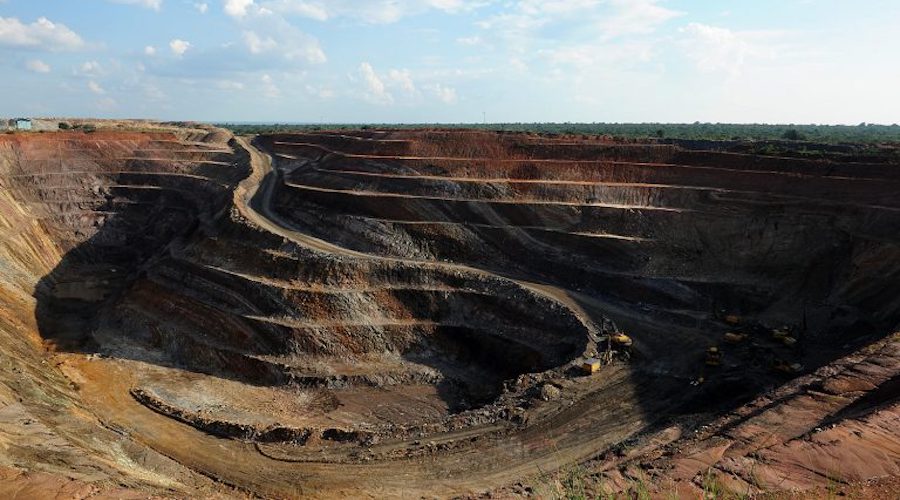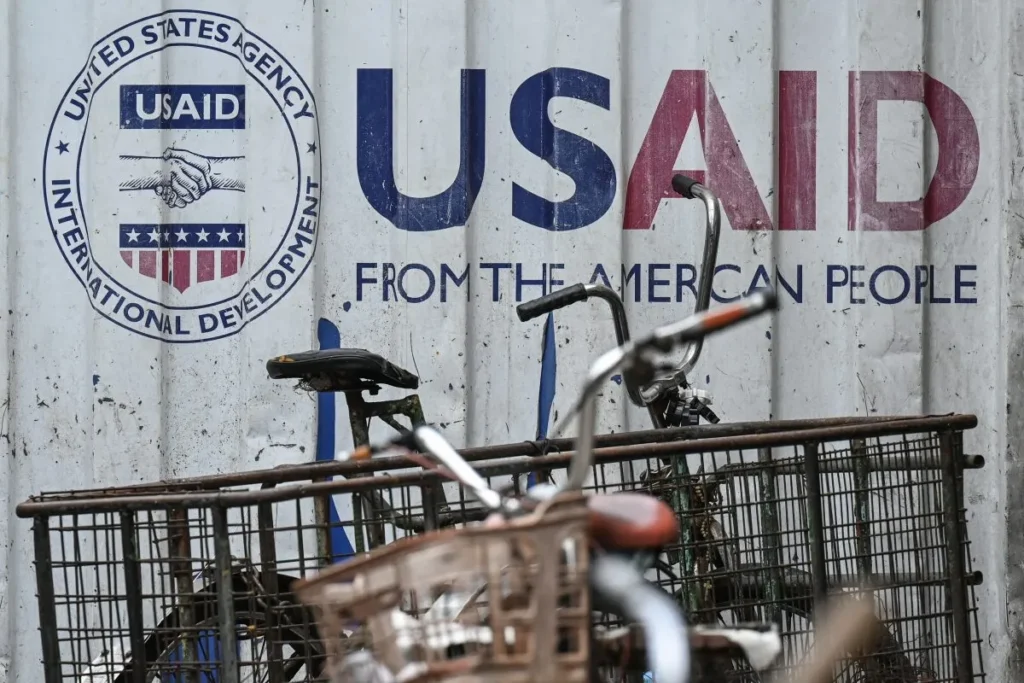
In a move to address its ongoing energy crisis, the South African government announced plans on Tuesday to build new nuclear power stations. This decision comes amid regular blackouts, highlighting the continent’s most advanced economy’s struggle with energy security.
The government has invited bids for the construction of these stations, which are expected to take at least a decade to complete. However, this move was immediately criticized by the main opposition party, the Democratic Alliance (DA). They expressed concerns that Russia’s Rosatom, a state-owned nuclear agency, was the government’s “preferred partner” for the project.
While government officials haven’t named any potential bidders and only outlined the start of the process, the DA’s criticism stems from a past controversial deal. In 2014, South Africa signed a $76 billion nuclear agreement with Russia, shrouded in secrecy and later deemed illegal and unconstitutional by a court in 2017. This deal, tarnished with corruption allegations, was signed under the leadership of former President Jacob Zuma, who currently faces unrelated corruption charges.
The new nuclear station announcement comes just one day after the government approved an agreement with Gazprombank, a sanctioned Russian bank, to restart a gas-to-liquids oil refinery on South Africa’s south coast. The details of this agreement, including the extent of Gazprombank’s involvement, are expected to be finalized by April 2024.
Currently, South Africa only has one operational nuclear power station, Koeberg, located near Cape Town. It remains the only such facility on the African continent. However, several other African nations, including Burkina Faso, Mali, Zimbabwe, Rwanda, Burundi, Ethiopia, and Egypt, have been linked with nuclear power agreements or plans with Russia.
Experts suggest that Africa’s unreliable electricity supply creates opportunities for Russia’s nuclear business. However, it also grants them a platform to expand their political influence across the continent, particularly during a period of strained relations with the West due to the war in Ukraine.
Zizamele Mbambo, the South African government’s deputy director-general of nuclear energy, assured the public that the tender process for the new power stations would be open and transparent, having already received approval from the energy regulator. He further stated that the stations would not be completed until at least 2032 or 2033.




